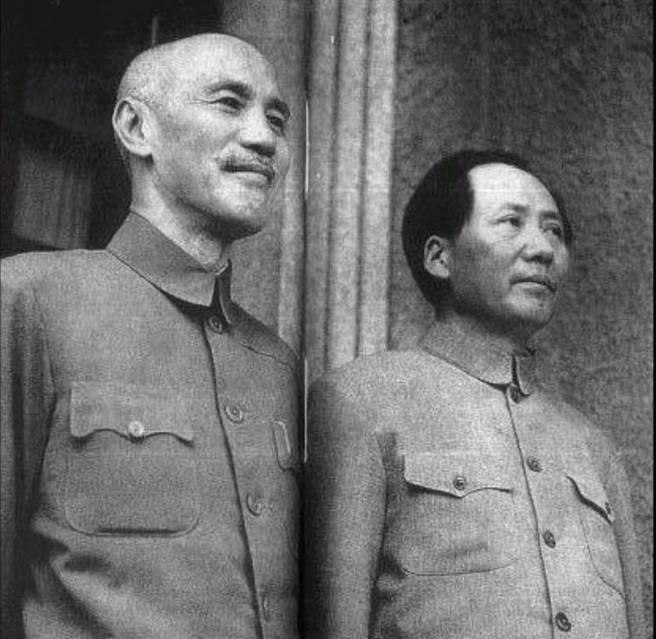主题: 蒋介石和毛泽东曾经亲自见过面吗?如果有,那他们两人的会面和总体上彼此关系如何?
Did Chiang Kai-shek and Mao Zedong ever meet in person? If so how was their meeting and overall relationship with each other?
答主:Jean-Marie Valheur, visited China many times and lived in HK
They met in person several times. Chiang’s impression of Mao was not very positive. He later recalled that Mao had a very limp and weak handshake which susprised him as “he was quite a large man”. Furthermore, the chairman-to-be was a chainsmoker, his teeth yellow and he drank excessive amounts of hard liquor even during meetings. In summation: “I found that he [Mao Zedong] was an unsavory and deeply unsettling character, lacking in discipline and with the rough demeanour of a rural peasant”.
他们亲自见过好几次面。蒋对毛的印象并不是很积极。他后来曾回忆,毛在握手时软弱无力,让他很惊讶,因为毛是“颇高大的人”。此外,这位未来的主席是一个老烟枪,他的牙齿发黄,而且即使在开会时也会喝过量的烈酒。总而言之:“我发现毛泽东是一个令人讨厌和高度不安的角色,他缺乏纪律且有着乡下农民的粗造举止。”
Mao was, in the eyes of Chiang, a dangerous zealot and a rather distasteful individual. They worked together for quite a while before they became adversaries but from their first meeting in the mid-1920s until their last in the 1940s, Chiang never was fond of or at ease around Mao. Their working relationship can best be summed up as a ‘marriage of convenience’, with no love lost between them.
毛在蒋的眼里是一个危险的狂热者和相当令人反感的个体。在成为对手之前,他们曾在一起工作了很久,但是从1920年代中叶他们第一次见面起到1940年代他们最后一次见面,蒋从来没有喜欢或在毛的身边感觉舒服。对他们工作上关系的最好总结是“权宜婚姻”,他们之间没剩下一点爱情。
Chiang Kai-Shek and Mao Zedong met several times and while some of their meetings proved productive for the time being, none of them were particularly pleasant or enjoyable for either party.
蒋介石和毛泽东见过好几次面,其中的几次被证明暂时是有效的,但他们中的任何一方对彼此都没有特别的欣赏或好感。
单词表
in person 亲自
limp adj. 无力的
furthermore adv. 此外
chainsmoker n. 老烟枪
excessive adj. 过多的
liquor n. 烈性酒
summation n. 和
unsavory adj. 令人讨厌的
unsettling adj. 令人不安的
demeanour n. 行为
rural adj. 农村的
peasant n. 贫农,佃农
distasteful adj. 令人反感的
individual n. 个体
adversary n. 敌手
be fond of 喜欢
at ease 舒适,自在
sum up 总结
productive adj. 有成效的
for the time being 暂时
either party 任何一方
译自:https://qr.ae/pyRrTm
时间:2020年8月17日